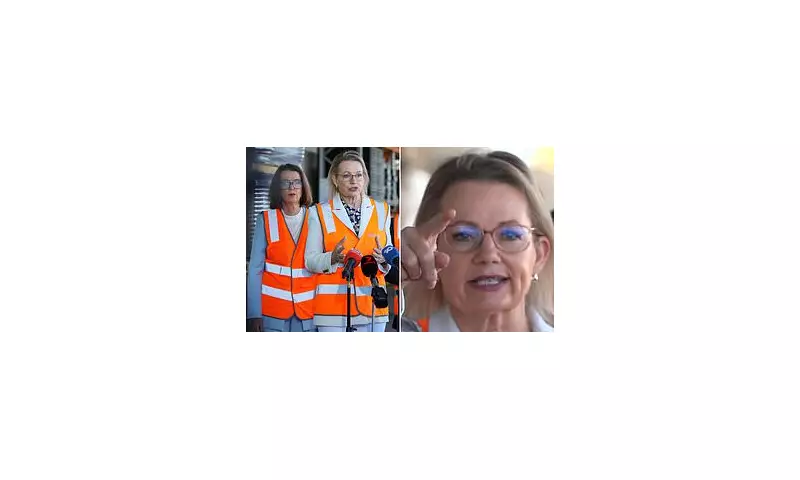
Deputy Liberal Leader Sussan Ley has launched a ferocious broadside against the Albanese government's flagship climate policy, branding its ambitious 2030 emissions reduction target as an "economic betrayal" that will devastate Australian industry and households.
In an exclusive interview, the senior Coalition figure warned that the push to slash emissions by 43 per cent below 2005 levels within just six years is utterly unachievable without plunging the nation into an energy crisis. Ms Ley articulated a dire vision of a future with electricity rationing, soaring power bills, and widespread job losses in key sectors like manufacturing and agriculture.
'A Painful Fantasy with Zero Global Impact'
Ms Ley did not mince words, accusing Prime Minister Anthony Albanese of pursuing a "painful fantasy" that would see Australians bear immense economic pain for virtually no environmental gain. She underscored a critical flaw in the government's plan: Australia's contribution to global emissions is minuscule, meaning even drastic domestic cuts would be completely offset by rising pollution from major industrial nations like China and India.
"This policy isn't about saving the planet; it's about virtue-signalling at the expense of the Australian economy and the Australian worker," Ms Ley stated.
The Looming Threat of Electricity Rationing
The most alarming warning from the Deputy Leader centred on the real possibility of electricity rationing. She argued that the rapid closure of reliable baseload power sources, like coal-fired plants, is dangerously outpacing the rollout of renewable alternatives and the necessary infrastructure to support them.
This energy gap, she contends, will not lead to mere inconvenience but to a fundamental breakdown in energy security, threatening everything from household appliances to major industrial operations.
A Call for a Pragmatic, Australian Solution
Instead of what she labels a "reckless race," Ms Ley is advocating for a more pragmatic and technologically driven approach. She champions investment in emerging technologies like green hydrogen and carbon capture and storage, alongside a commitment to keeping traditional power sources online until alternatives are proven, reliable, and affordable.
Her argument rests on the belief that Australia can achieve a sensible transition to lower emissions without committing economic self-harm and while protecting its sovereign capabilities.
The opposition's forceful critique sets the stage for a monumental political battle over the nation's energy and economic future, framing the next election as a referendum on the cost and pace of Australia's climate action.





